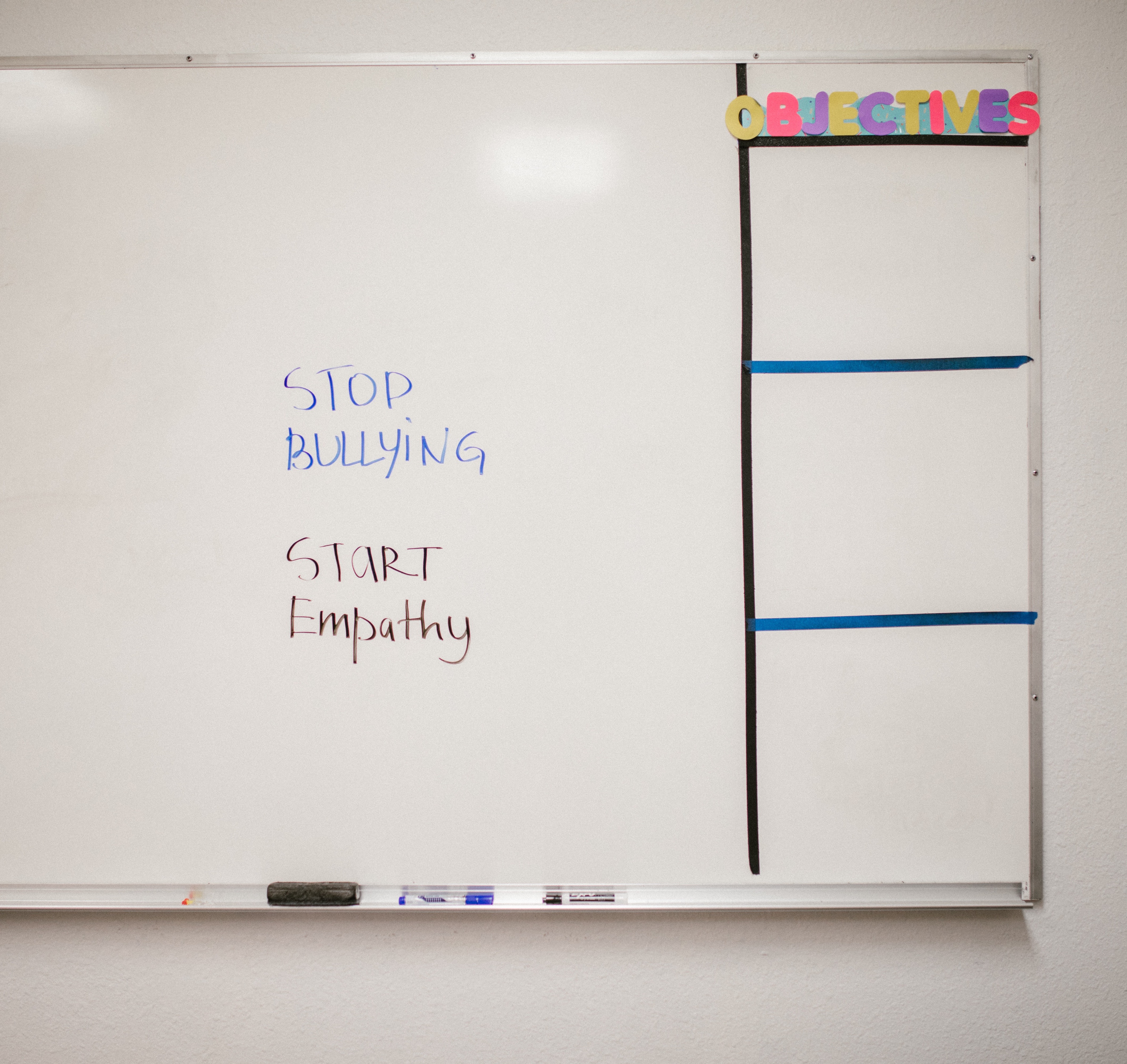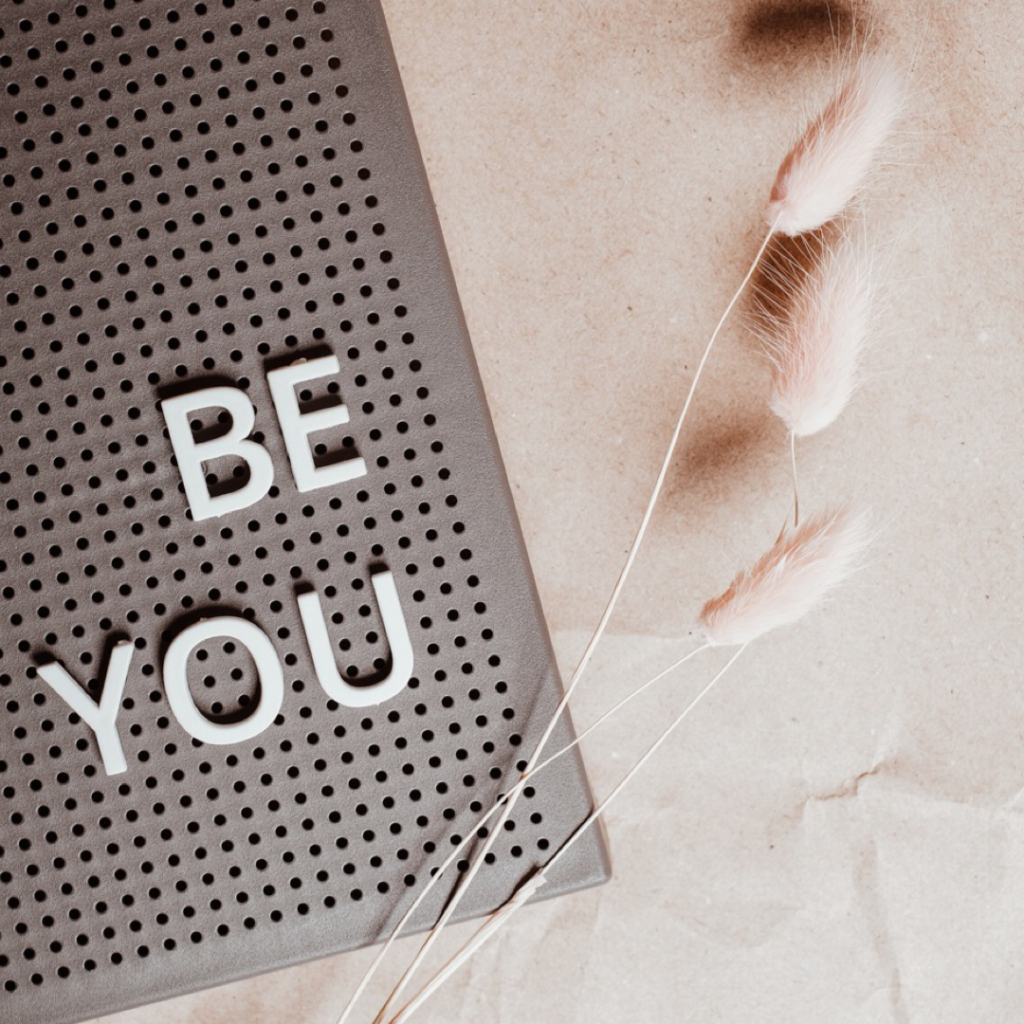We have been reading about stigma of mental health conditions quite often nowadays.
People are frustrated and exhausted; they are tired of having to keep hiding their own feelings and emotions in a society that is consuming us every day more.
There is an even stronger need of confrontation and support right now, after all the uncertainty and the big changes that the pandemic has involved in many sectors of our everyday life.
But what is exactly a ‘stigma’ and how it affects our mental and physical wellbeing?
A stigma is a sign of unacceptability, the shame or disgraced attached to something defined as ‘socially inadmissible’.
My question to this form of prejudice that has been happening from a lifetime is:
When are we going to reach parity in treating mental health and physical health?
There is much talk about it, but only a few facts and little concrete actions, in fact recent studies on mental health statistics in the UK have proven that only a 36.2% of people suffering from a mental health disease get treated for it.
And do you know why this happens? Some people take longer to realise the stage of their psychological conditions, others believe that they can handle their personal problems on their own, however the main reason of it is due to an excessive worry of social contexts and people’s assumptions – how shameful!
We live in the 21st Century and we still have to face and tolerate the hypocrisy and the abuses from those who take freedom to bully and to marginalise the weakest ones for the sheer pleasure of feeling powerful and almighty.

This is unbearable if you think about those suffering from any other physical illness, like diabetes, cancer, chronic or heart disease, and how these cases are fairly considered by society.
Nevertheless, there are still countless ‘silent diseases’, such as anxiety, panic disorders, phobias, PTSD, schizophrenia, OCD and many others which are still identified as ‘less serious’ or, even worse, described with a derogatory language.
This is extremely alarming knowing the immense power of our mind, capable of taking over us, easily making any mental disease a physical disability in a short period of time if not treated properly.
Therefore, I have decided to write this article to support this cause, and to offer my help to those struggling with mental health diseases, with the only aim of breaking the stigma of psychological conditions, by inviting you to reflect on the importance of talking openly about it.
You may be wondering now why would you sharing your personal experiences with a stranger who does not have nothing to do with you and with your own life?
Good point, however no one is forcing you to do this, unless you understand how incredible the impact of your action would be, not only on yourself but also on other people’s mental health.
When I was younger, I was a victim of this system too, and even the thought of being judged or unfairly labelled and excluded by my peers was terrifying me.
I have spent years and years pretending to be someone else, building my own character to better fit the social schemes of my generation, with the consequence of forgetting completely who I was and what I wanted in my life.

But then I reached a point when I realised that this ongoing hiding was not worthy at all, and that I absolutely deserve to be free to be my real self, stop being ashamed of my own feelings and emotions. And if I could go back, I would probably make the same choice again and again, as I am 100 % confident of my own decision and on the implications that this could have not only on my mental and physical wellbeing, but also on my relationships with people around me.
It is extraordinary how a simple and small action can make you feel relieved and reborn, changing completely your whole life and your perception of the outside world.
This is why, now that we are reaching the end of today’s topic, I am going to share with you a 7 Steps Guide I have set for myself as a reminder of the importance of breaking the stigma of Mental Health Conditions.
Whenever you are struggling to let your thoughts out, remember that:
- You are free to express yourself without any worries of being judged or wrongly labelled by society.
- Talking openly about your mental health illness makes you have a better understanding of where you are right now, analysing the causes and the consequences impacting your emotional state.
- It can help not only yourself, but also someone else struggling with a similar condition, as it will encourage other people to talk.
- It will change your concept related to your disease, turning it from a negative into a positive one, and you will feel less pressured and anxious about it.
- You are not the only person in this room suffering from a mental health condition. 1 out of 6 people in the UK experiences a mental health disease, especially nowadays, due to the pandemic and the impact of it on our lives.
- If you decide to stop pretending to be okay, someone else will do the same.
- There is nothing wrong with being diagnosed with a mental health condition; it is like any other physical disability, and it can get more severe if not treated properly or if being held for a long time.
Do not let your fears and insecurities dictate your future and your own happiness.
There will always be someone trying to let you down; prejudice and assumptions are part of the human nature; you cannot change this, but you can change your approach to it by making a choice today: you will be no longer impacted by the judgement of people around you.
You have the right to be yourself, expressing your feelings without any shame or fear.
Talk to someone today, let your ‘silent disability’ be heard and have the respect that it deserves.







